If you want to fund your business using your accounts receivable ledger as collateral, debtor finance is the right loan option. It is a debtor financing solution used by small business with low working capital reserves and slow-paying invoices to solve cash flow problems. But, just like any other loan, you have to pay it off in relatively short order. So, whenever you find yourself cash-short and you consider taking on debtor finance, consider the following tips.
Choose a loan depending on where you will spend it on
If you will use the money to pay for fixed costs such as new equipment, where will you get the money for the repayment? But, if you use the proceeds of the loan to invest in variable costs, you may see cash returns soon.
Your payment terms must be in line with your customer’s paying habits
To avoid having troubles in making payments, it is important to consider the time when your customers are most likely to pay you. There are customers who pay very slowly or not at all, while others consistently pay on time.
Are you spending time making sales, but still not collecting as much as you are selling? The truth is consumers need to be reminded of their obligations to pay you. Remember that sales are the lifeblood of your business. Without it, you won’t be able to continue the operations. If your collection is not meeting those requirements it is probably the reason your cash flow is slow. As an entrepreneur, you have to take note that sale is your reason for running a business.
Choose a loan depending on the stage of your business development
For small business owners, understanding the stage of your business growth can aid in assessing your current financial needs. Every business has five stages:
- Seed/development
- Startup
- Growth/survival
- Expansion
- Maturity
Remember that each stage has its own challenges. If your business is at the seed stage, you need funds to test the profitability of your business idea and market acceptance. You’ll probably need money to establish a business structure. This is when you are determining whether your capital is enough to give birth to a new business.
During the startup stage, you are making your business legal and available to the market so you have to establish a customer base and cash reserves to pay for operational costs.
You need to have sufficient cash flow to deal with increasing customer demands, market competition and management issues during the survival stage. At this stage, you need to pay for your operating expenses in order to maintain a healthy profit.
If your business is rapidly growing and expanding, the finances would be focused on conquering new markets and finding revenue. But, when a business is already at its maturity stage, its either you try to expand again or you plan for an exit strategy.
Do you want to learn more about managing debtor finance as a small business? Contact ALC Commercial today!









